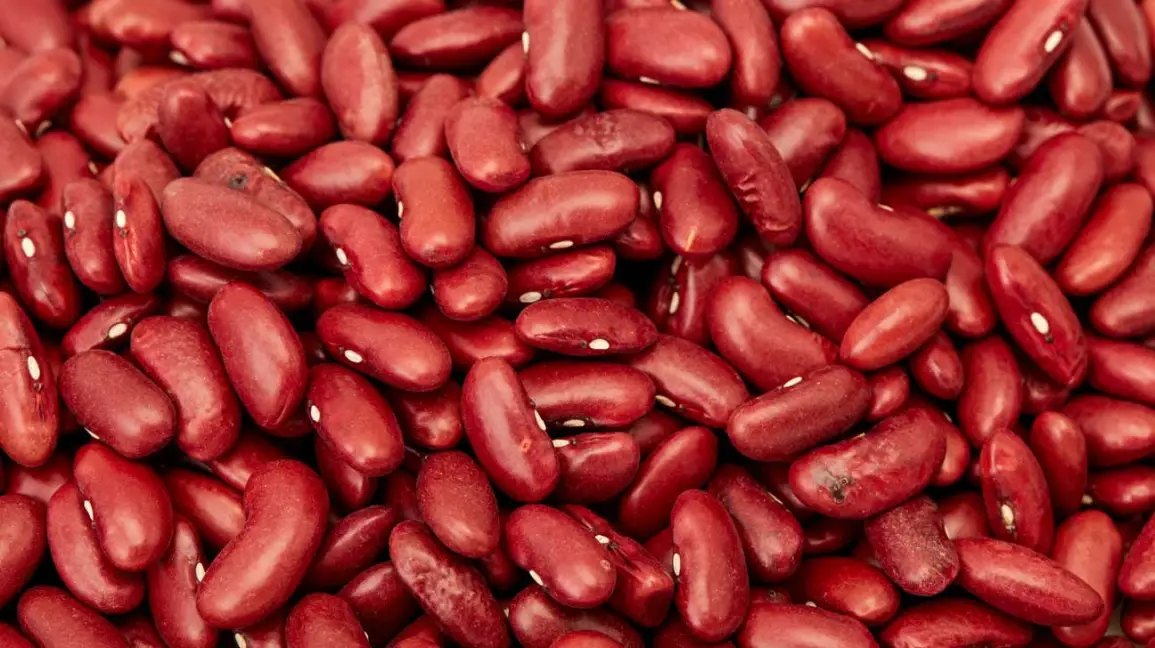Beans, a versatile legume, have been a staple food for centuries. They come in various shapes, sizes, and colors, each offering unique flavors and nutritional benefits.
Nutritional Benefits of Beans
Beans are a great source of:
- Protein: A complete protein source, making them a valuable option for vegetarians and vegans.
- Fiber: Promotes digestive health and helps regulate blood sugar levels.
- Folic Acid: Essential for cell growth and development, particularly important for pregnant women.
- Iron: Helps prevent iron deficiency anemia.
- Magnesium: Supports bone health and muscle function.
Types of Beans
- Kidney Beans: Large, kidney-shaped beans that are commonly used in chili and soups.
- Pinto Beans: A type of pinto bean, often used in Mexican dishes like refried beans.
- Black Beans: Small, black beans with a firm texture and earthy flavor.
- Chickpeas (Garbanzo Beans): Versatile beans used in hummus, salads, and curries.
- Lentils: Small, round legumes that cook quickly and are a good source of protein.
- Soybeans: A versatile legume used to make tofu, tempeh, and soy milk.
Culinary Uses of Beans
Beans can be enjoyed in a variety of ways:
- Soups and Stews: Beans add flavor, texture, and protein to soups and stews.
- Salads: Beans can be added to salads for a boost of protein and fiber.
- Dips and Spreads: Hummus, a popular dip made from chickpeas, is a versatile and nutritious snack.
- Side Dishes: Baked beans, roasted chickpeas, and lentil soup are delicious side dishes.
- Main Courses: Bean burritos, chili, and lentil curry are hearty and satisfying main courses.
By incorporating beans into your diet, you can enjoy their numerous health benefits and culinary versatility.



